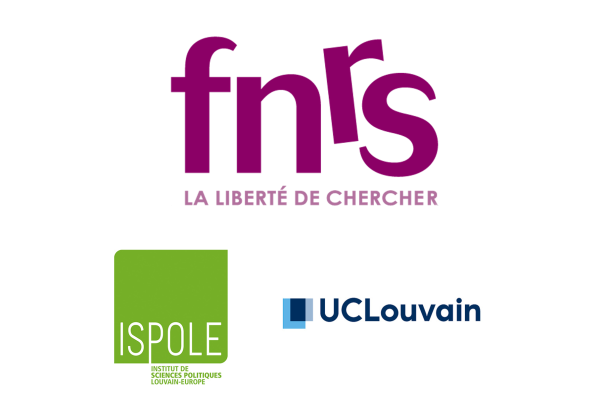Since 1979, the powers of the European Parliament (EP) have expanded considerably. However, the EP's ability to make full use of its decision-making capacity also depends on the profile of the MEPs who sit there. It is therefore important to examine the relationship between the political background of MEPs and their legislative behavior.
In fact, the EP is not only made up of "European careerists", but also of MEPs with no prior legislative experience or with "national" ambitions. The research question of this project is therefore: how do MEPs' career patterns affect their legislative behavior over time?
Evolv'EP
The project conceptualizes career patterns as institutions in their own right, socializing and structuring the way MPs view their past, present and future political mandates. In particular, the project assesses the impact of careers on parliamentary activities (presence and content of their activities) and voting behavior (votes and amendments).

The first stage of the project aims tò describe the political career structures of 3,653 Members of the European Parliament (1979-2019) on the basis of their local, regional, national and European mandates. In the second stage, the project examines MPs' legislative behavior by measuring their level of activity as well as the policy areas and territorial scope of their parliamentary actions. Finally, the project examines how MPs' political backgrounds influence their voting behavior and parliamentary activities over time. To do this, the project relies on longitudinal data and a mixed research design combining statistical, qualitative and "comparative qualitative analysis" (QCA). The results of the "Evolv'EP" project will contribute to ongoing debates on the role of the European Parliament in European public policymaking.
The "Evolve'EP" team is made up of two research leaders - Prof. Jérémy Dodeigne (UNamur, principal leader) and Prof. Benoît Rihoux (UCLouvain, co-principal supervisor) - a post-doc - François Randour (UNamur) - a PhD student - Sophie Kopsch (UNamur) as well as a project coordinator - Ferdinand Teuber (UCLouvain).
Contact: Jérémy Dodeigne (UNamur)
The project is funded for four years by the F.R.S-FNRS Research Project Instrument (PDR) (n°35292892). It is based at the Transitions research institute and the Louvain-Europe Institute of Political Science (CESPOL-ISPOLE).


